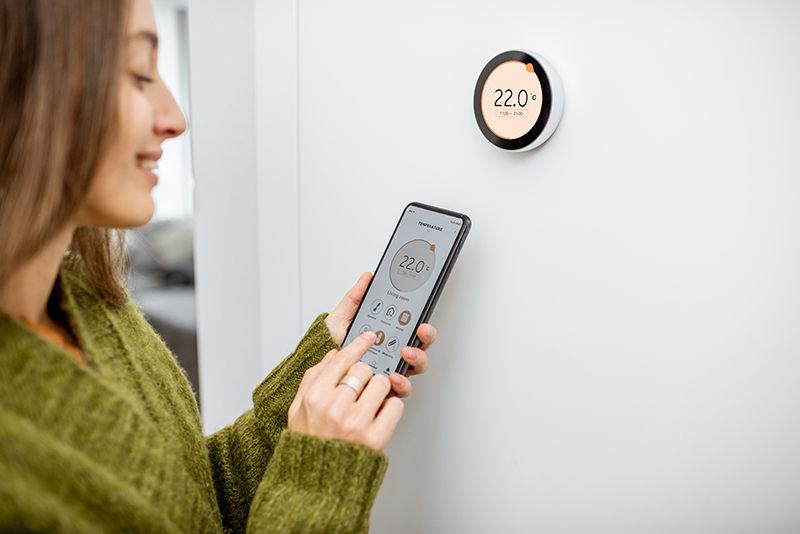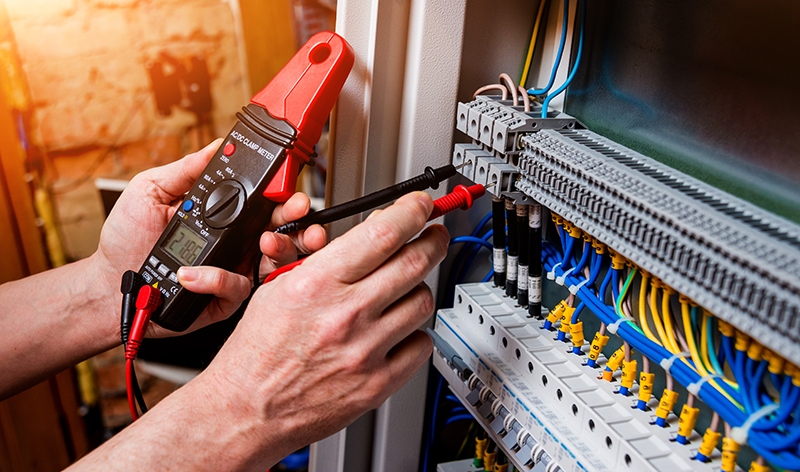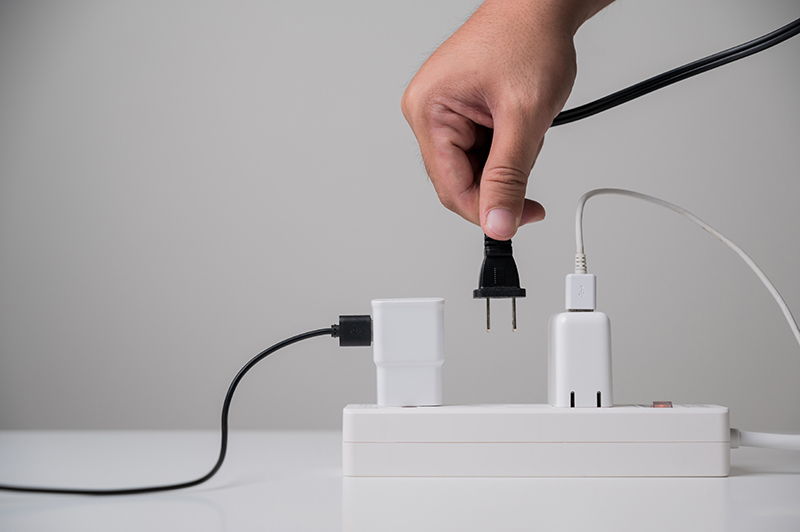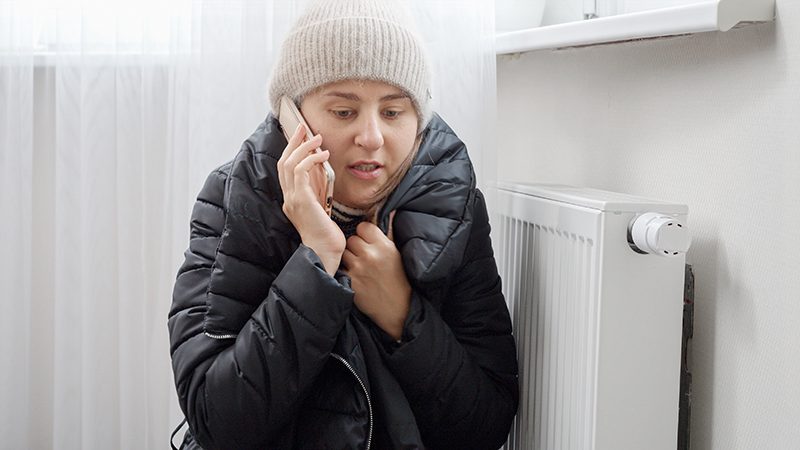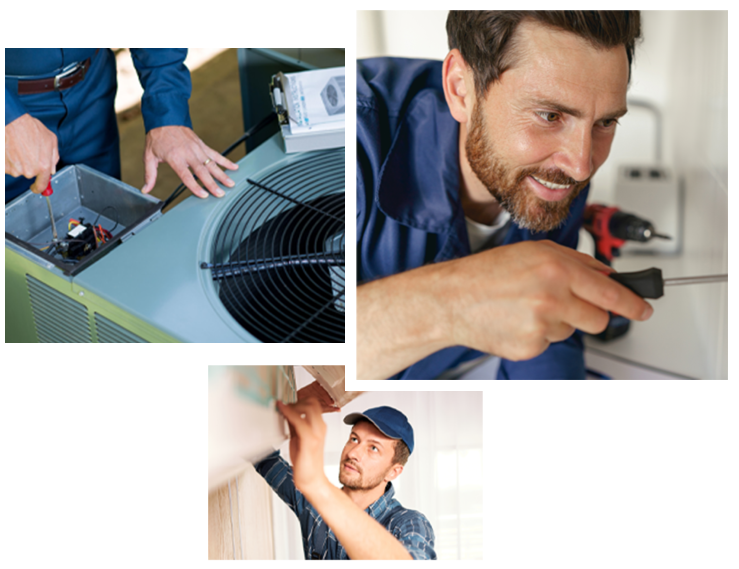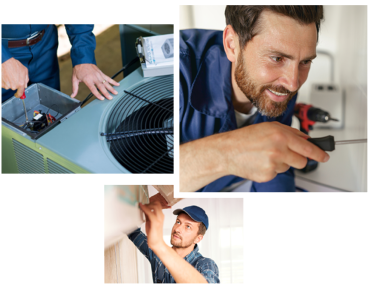How To Optimize Your Home’s Electrical System
A well-functioning electrical system is the backbone of any home. It provides power for everyday activities and ensures the safety of your household. Over time, electrical systems can become inefficient, leading to potential hazards and inconvenience. Optimizing your home’s electrical system is crucial. An updated system maintains functionality, reduces energy waste, and promotes safety. In this blog, we explore the importance of having an effective electrical system. We also provide practical tips on how to optimize your home’s electrical setup.
The Importance of Having an Effective Electrical System
An effective electrical system is essential for various reasons. An optimized and maintained electrical system minimizes the risk of several issues. These include electrical fires, shocks, and other hazards. It ensures that your system has grounded circuits, good wiring, and balanced loads. An efficient electrical system provides reliable power distribution. This allows all your electrical devices and appliances to operate without issues. It eliminates frequent circuit tripping, voltage fluctuations, and power surges. These can damage your electronics. An optimized electrical system helps reduce energy waste. This can lead to lower utility bills and environmental benefits. Efficient wiring, correct circuits, and energy-saving devices can lead to a sustainable home.
Signs of an Inefficient Electrical System
Recognizing the signs of an inefficient electrical system is crucial for timely optimization. If your circuit breakers trip often, it could be a sign that you have an overloaded electrical system. This can occur if you have added new appliances without upgrading your panel. Homes with outdated electrical panels can’t handle modern electrical demands. Upgrading to a circuit breaker panel can ensure safe and efficient power distribution. If your lights flicker or dim when using some appliances, it may be due to voltage fluctuations. These can be from an inadequate electrical system. This could be due to outdated wiring or an undersized electrical panel. Outlets or switches that become hot to the touch are a sign of potential wiring issues. You need to address this as soon as possible. Overheating can lead to electrical fires and other hazards.
How to Optimize Your Home’s Electrical System
Optimizing your home’s electrical system doesn’t have to be overwhelming. Here are some practical tips to get started.
1. Schedule an Electrical Inspection:
Hire a licensed electrician to conduct a thorough inspection of your electrical system. They can identify any safety hazards, outdated wiring, or overloaded circuits. For most of these situations, they can fix these issues the same day.
2. Upgrade Outdated Wiring:
If your home has outdated wiring, consider upgrading to modern copper wiring. This improves safety and ensures compatibility with modern electrical demands.
3. Balance Electrical Loads:
Avoid overloading circuits by distributing electrical loads in an even manner. Plug high-powered appliances into different circuits. Avoid using several high-energy devices at the same time on the same circuit.
4. Install Energy-Efficient Lighting:
Replace traditional incandescent bulbs with energy-efficient alternatives like LED or CFL bulbs. These use much less energy and last longer, reducing your electricity consumption.
5. Install Smart Home Technology:
Consider incorporating smart home technology, such as programmable thermostats and energy monitoring devices. These can optimize energy usage and provide more control over your electrical system.
Contact Us
Optimizing your home’s electrical system is crucial for safety, functionality, and energy efficiency. By upgrading outdated systems, you can enhance the performance of your electrical system. Remember to contact a licensed electrician for any major modifications or upgrades. Our electricians can ensure proper installation and adherence to electrical codes. Optimize your home’s electrical system today for a safer, more efficient home.


